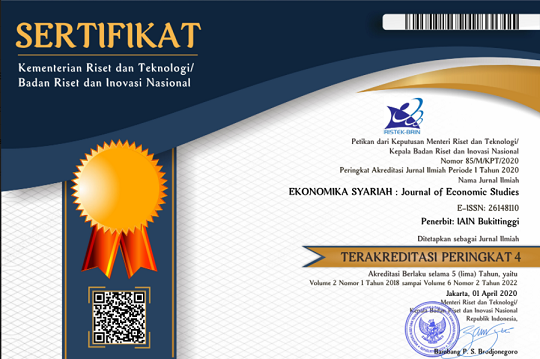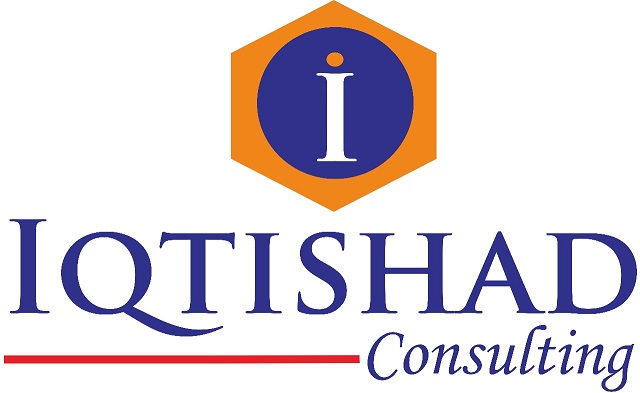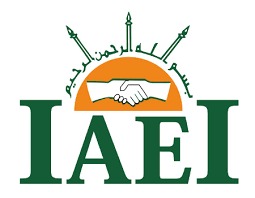Management and Empowerment Model In LAZISMU Special Region of Yogyakarta
Keywords:
LazisMU, Management Model, EmpowermentAbstract
This research aims to develop a comprehensive management and empowerment model for LazisMU in the Special Region of Yogyakarta (DIY). The study employs a qualitative approach, primarily utilizing in-depth interviews as the main data collection technique. In addition to these interviews, participatory observations and document content analysis were also conducted. The data collection instruments consist of interview guidelines and observation protocols. To ensure data validity, the study applies source triangulation, which involves comparing the information gathered from various informants and corroborating it with documents and observations. Data analysis was performed inductively through an interactive method that includes data reduction, data presentation, drawing conclusions, and verification. The findings indicate that the management and empowerment strategies at LazisMU are centered on providing business financial assistance to Mustahik with entrepreneurial ventures, as well as offering educational scholarships for university students. This research provides valuable insights and recommendations for other zakat management institutions, suggesting ways to enhance their operational performance and more effectively empower their beneficiaries through targeted financial and educational support initiatives.
Downloads
Submitted
Accepted
Published
Issue
Section
License
Copyright (c) 2024 Akhmad Arif Rifan rifan, Miftah Khilmi Hidayatulloh; Winda Safitri; Leni Kurnia Safitri; Maisha Madania

This work is licensed under a Creative Commons Attribution-ShareAlike 4.0 International License.
Authors who publish with this journal agree to the following terms:
- Authors retain copyright and grant the journal right of first publication with the work simultaneously licensed under a Creative Commons Attribution-ShareAlike 4.0 International License that allows others to share the work with an acknowledgment of the work's authorship and initial publication in this journal.
- Authors are able to enter into separate, additional contractual arrangements for the non-exclusive distribution of the journal's published version of the work (e.g., post it to an institutional repository or publish it in a book), with an acknowledgment of its initial publication in this journal.
- Authors are permitted and encouraged to post their work online (e.g., in institutional repositories or on their website) prior to and during the submission process, as it can lead to productive exchanges, as well as earlier and greater citation of published work (See The Effect of Open Access).












